India's Frontline Health Workers Demand Better Pay and Recognition
Thousands of Kerala's healthcare workers continue protests for fair wages and official worker status
In Kerala, India, thousands of female healthcare workers known as Accredited Social Health Activists (Ashas) have been protesting for over a month, demanding better pay and official recognition. These frontline workers, who number 26,225 in the state, have vowed to escalate their demonstrations by besieging the state secretariat in Thiruvananthapuram if their demands remain unaddressed.
Despite their crucial role in rural healthcare, Ashas are currently classified as volunteers, meaning they are not entitled to government benefits. More than a million Asha workers across India are calling for higher wages and official worker status.
On Monday, Kerala MP Shashi Tharoor referred to them as "unsung heroes" of India's healthcare system, stating that their protests highlight the systemic undervaluation of community health workers nationwide. In response to growing unrest, India's federal health minister recently announced an increase in incentives, while the Kerala government has released three months' worth of pending payments.
However, Kerala's state authorities maintain that the current compensation provided to Asha workers is the highest in the country. The state’s health minister, Veena George, has asserted that 90% of Ashas earn between 10,000-13,500 rupees per month, including incentives. She also mentioned that they are entitled to maternity leave and measures have been taken to reduce workload.
The protesters, however, dispute these claims. Many say they receive significantly less than what the government reports. Kuzhipparamba Thankamony, an Asha worker for 17 years, reported receiving only 6,300 rupees in October 2024. She was penalized 700 rupees for missing a meeting due to illness.
"When I first joined, I worked only an hour or two a day," Thankamony said. "Now, I am so burdened with work that even a full day is not enough."
The Ashas are demanding an increase in their honorarium from 7,000 rupees to 21,000 rupees ($240.8; £186.2) and retirement benefits. Protesters argue that their workload, which includes maternal and child healthcare, immunizations, sanitation awareness, and disease control, is equivalent to that of full-time workers.
"This is a matter of social justice," said Saboora Arifa, one of the protest coordinators. "Those who work eight hours a day are not volunteers. We have every right to be recognized as workers."
Ashas played a crucial role during the COVID-19 pandemic, especially in Kerala, which was the first state in India to report a case. They have also been instrumental in combating Zika and Nipah virus outbreaks. According to Dr. Joe Thomas, a Melbourne-based public health policy analyst, Asha workers in Kerala have essentially taken over the role of midwives since the state halted midwife recruitment. He estimates that 90% of Kerala’s women receive prenatal care through Ashas.
"Kerala prides itself on achieving a 99% vaccination rate," Dr. Thomas stated. "The credit goes to the Ashas. They are the backbone of primary healthcare in the state."
The ongoing protest in Kerala is the latest in a series of demonstrations by Asha workers across India. Earlier this year, neighboring Karnataka raised honorariums to 10,000 rupees following strikes. In Andhra Pradesh, state-wide protests led to the introduction of gratuity payments of 150,000 rupees ($1,723; £1,330), 180 days of paid maternity leave, and an increase in retirement age from 60 to 62.
As the protests continue, Asha workers in Kerala remain determined to fight for their rights, demanding fair wages and recognition for their invaluable contributions to India's healthcare system.

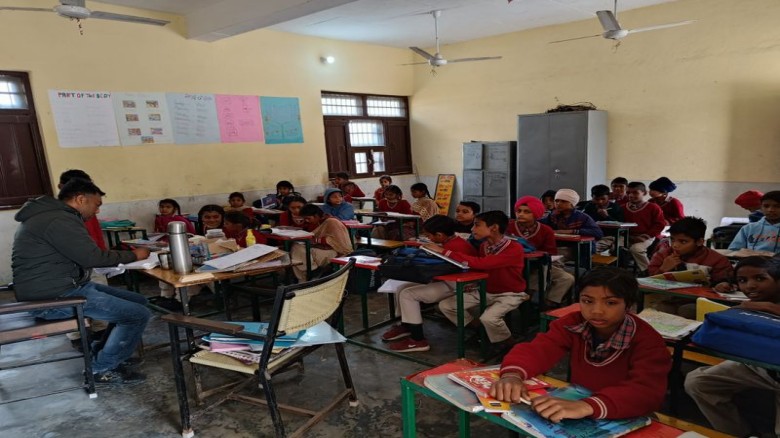
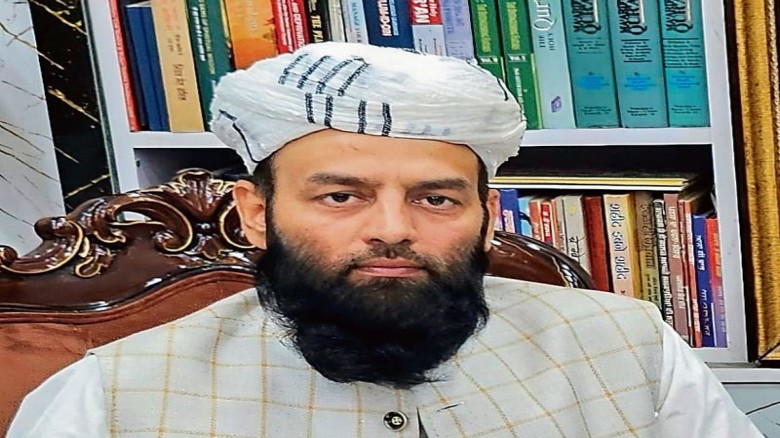
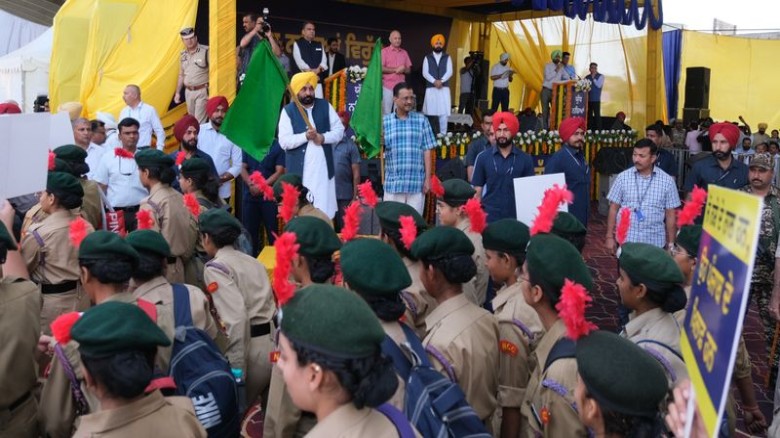
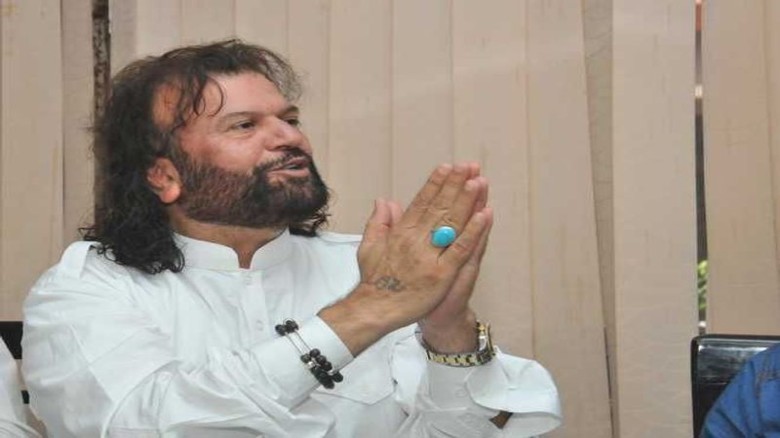

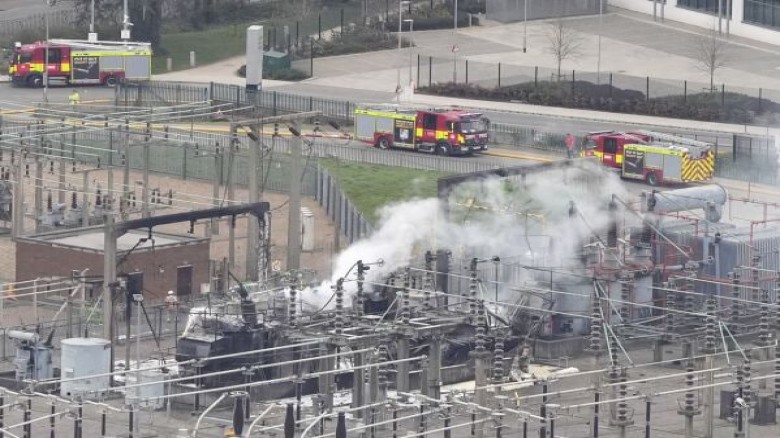


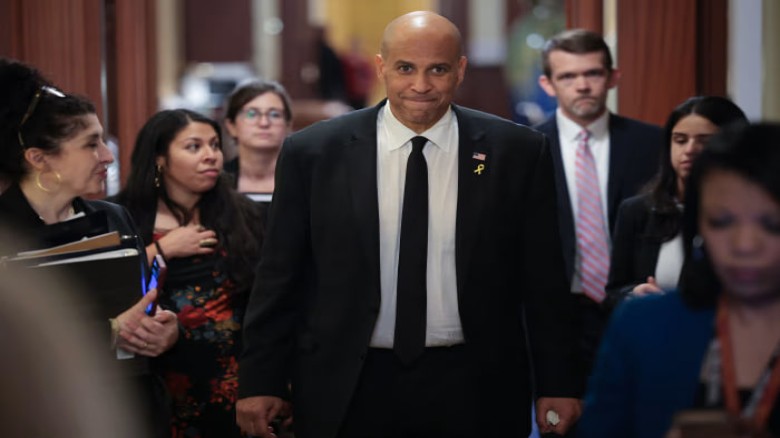
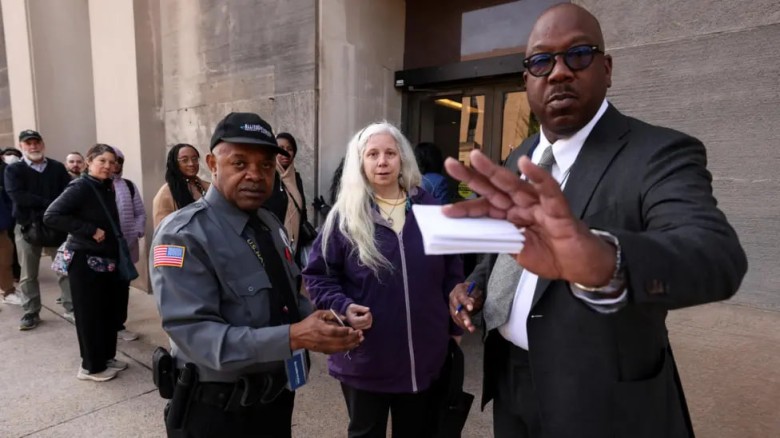




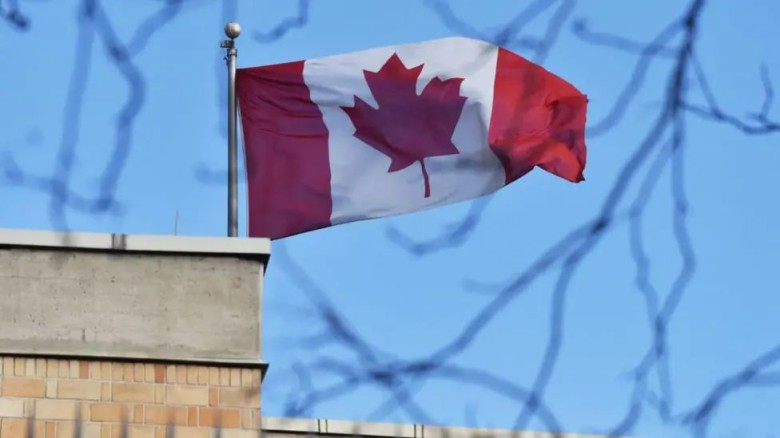
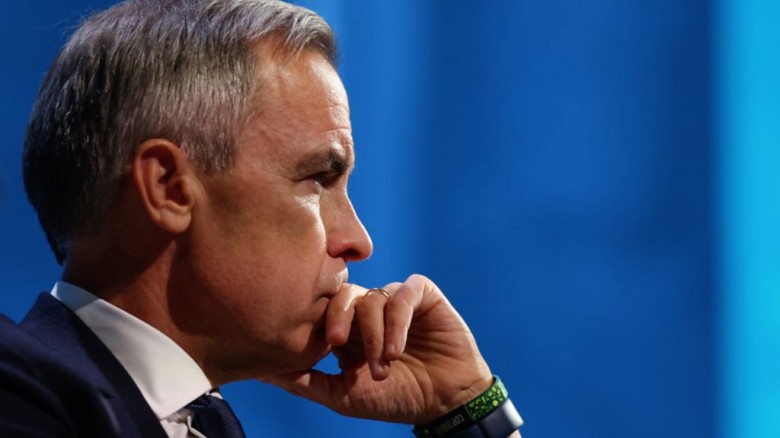






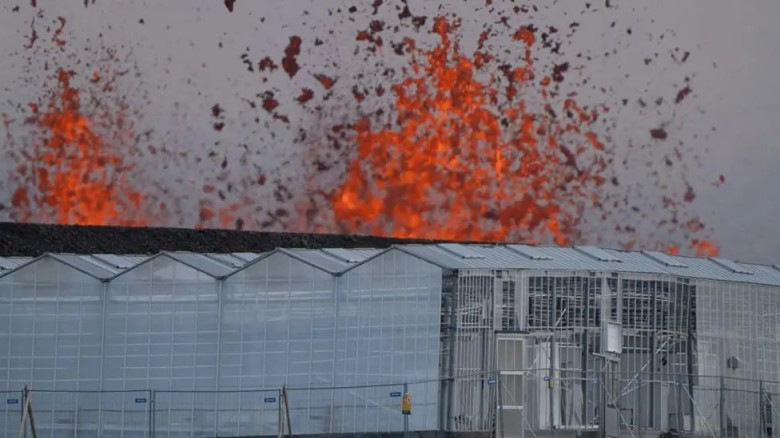
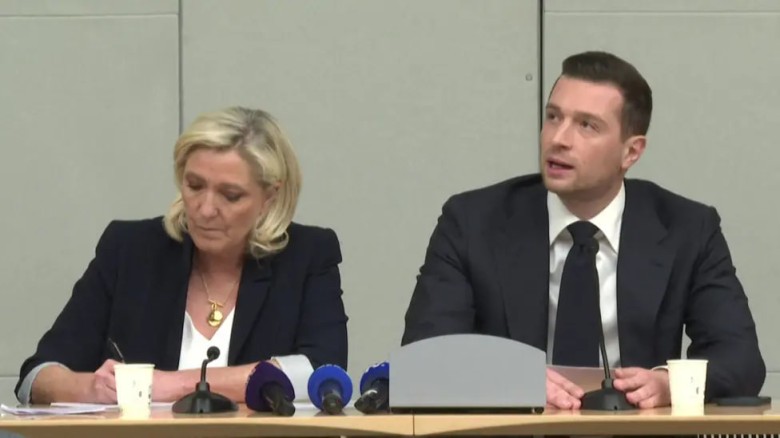
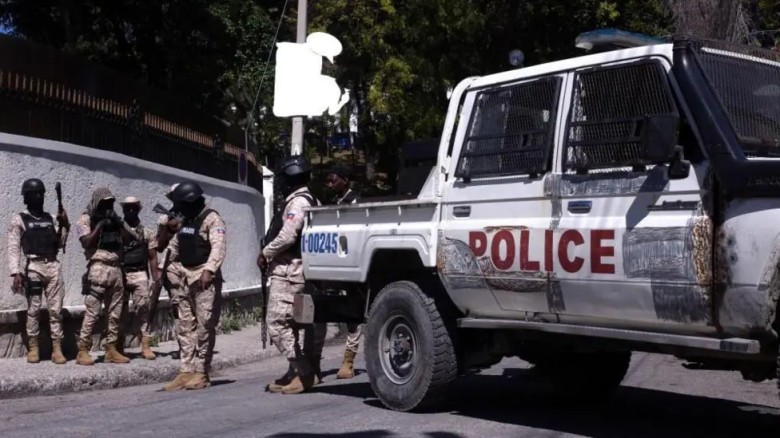
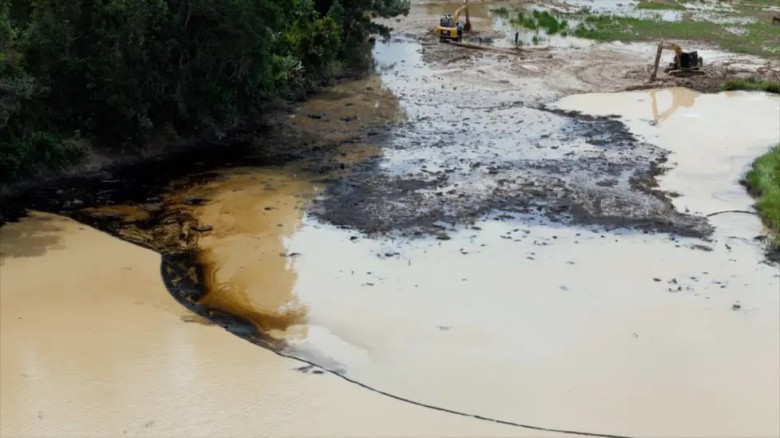
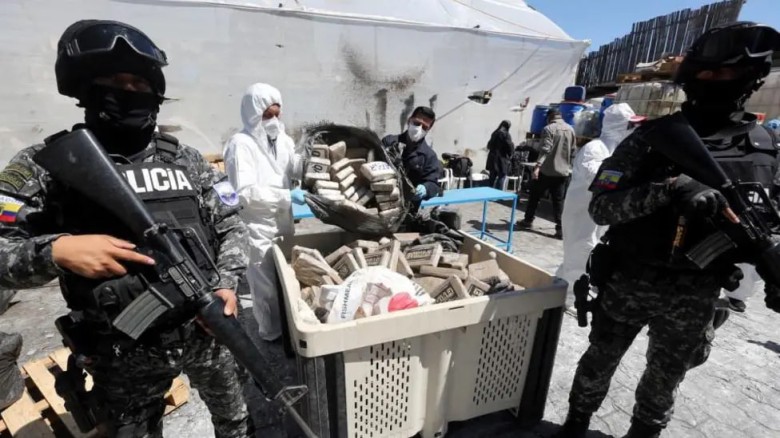
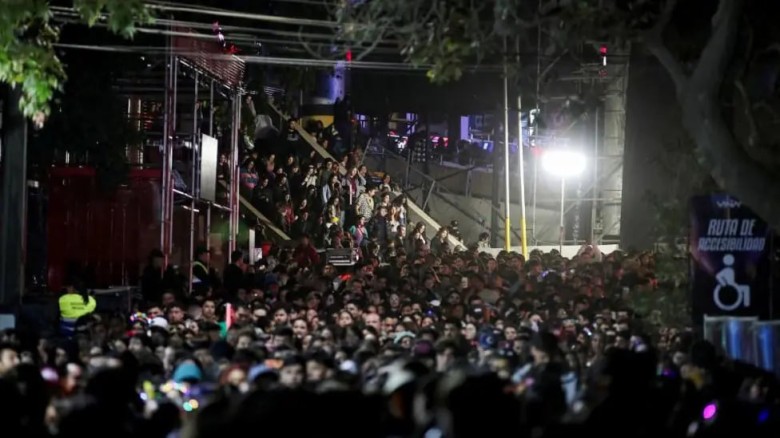





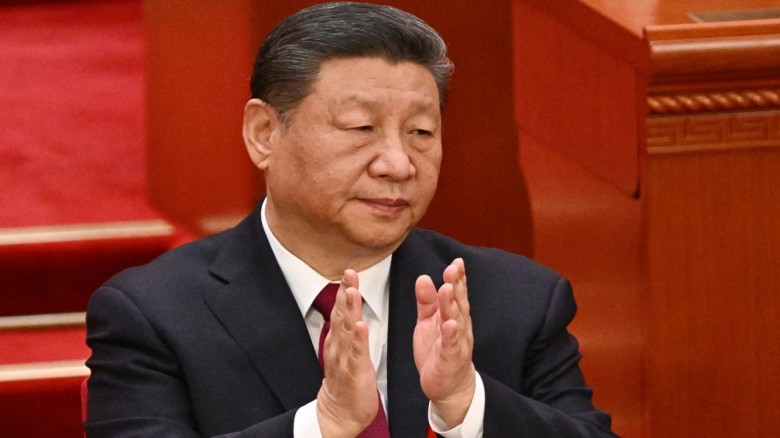
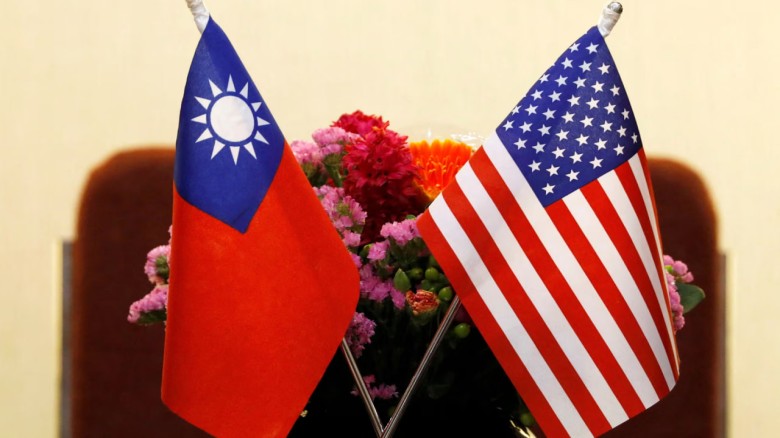

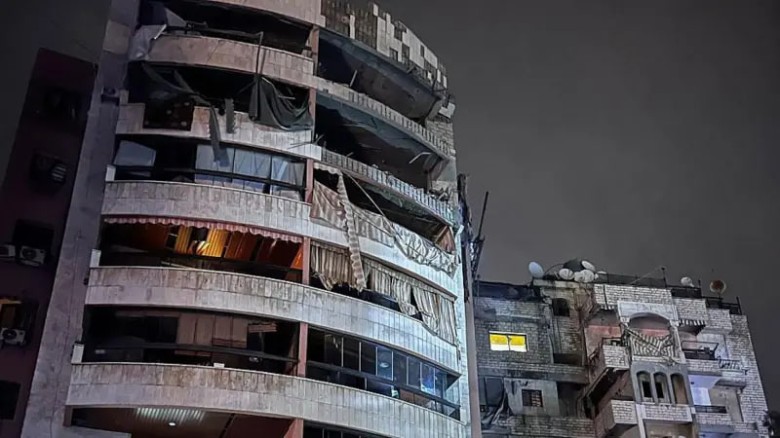
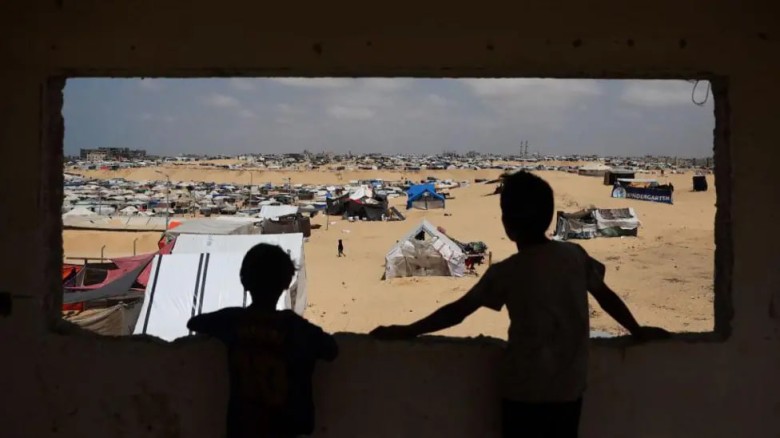
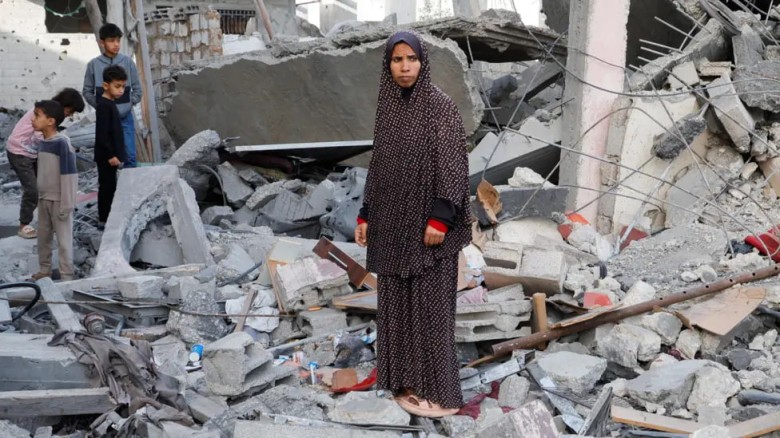
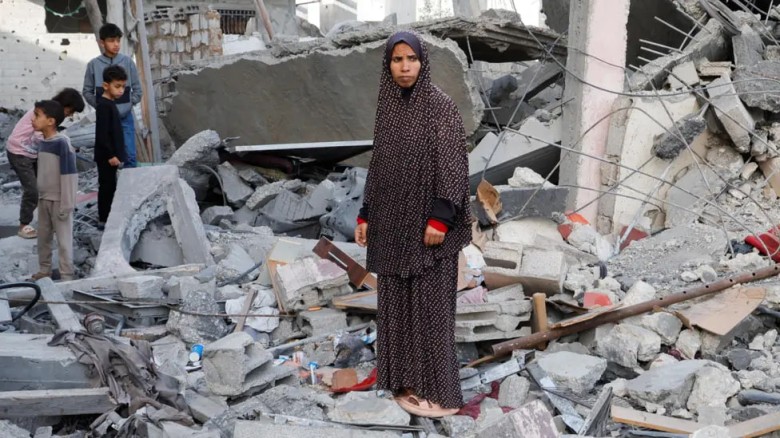








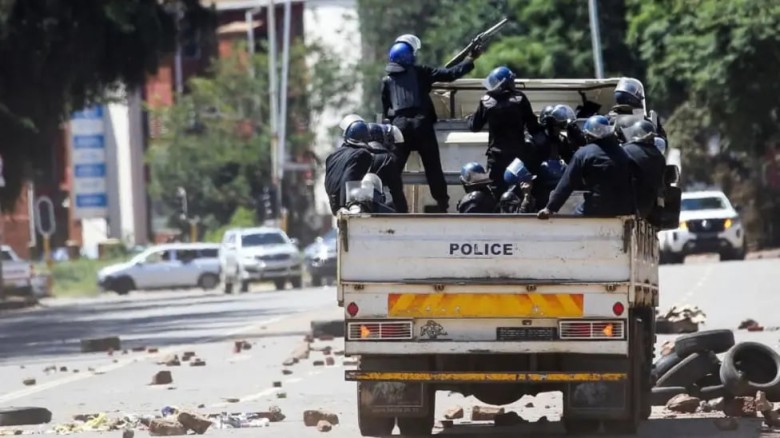
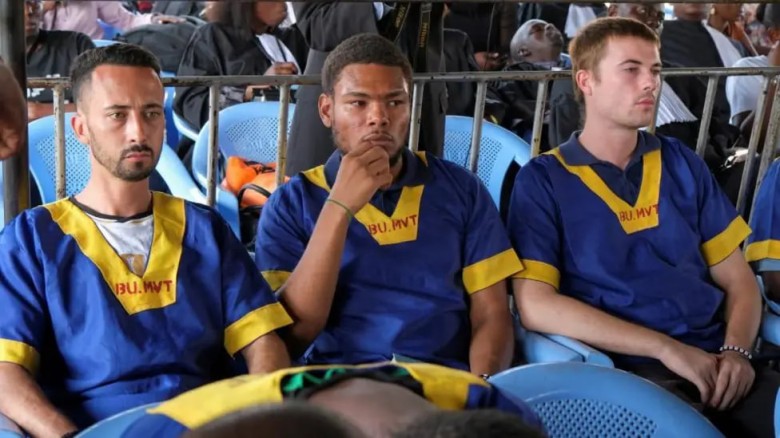















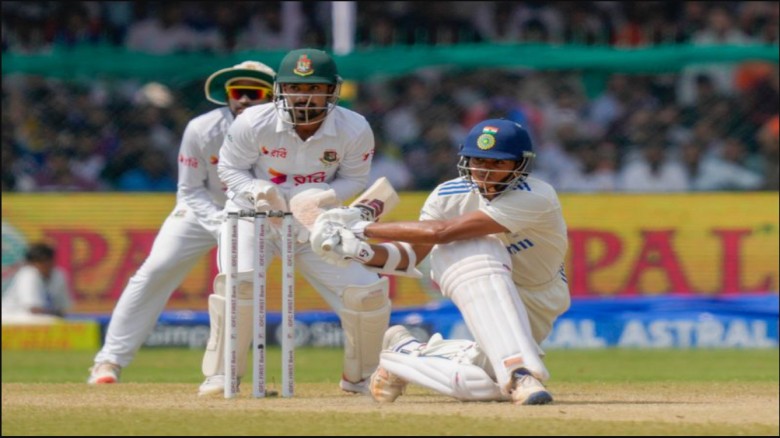
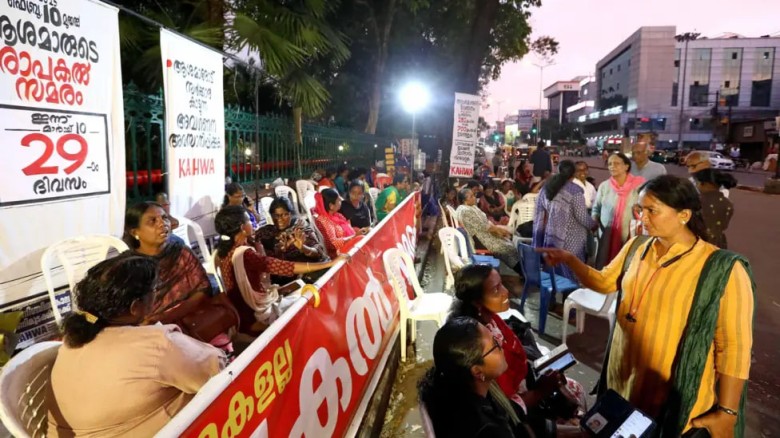


Leave A Comment